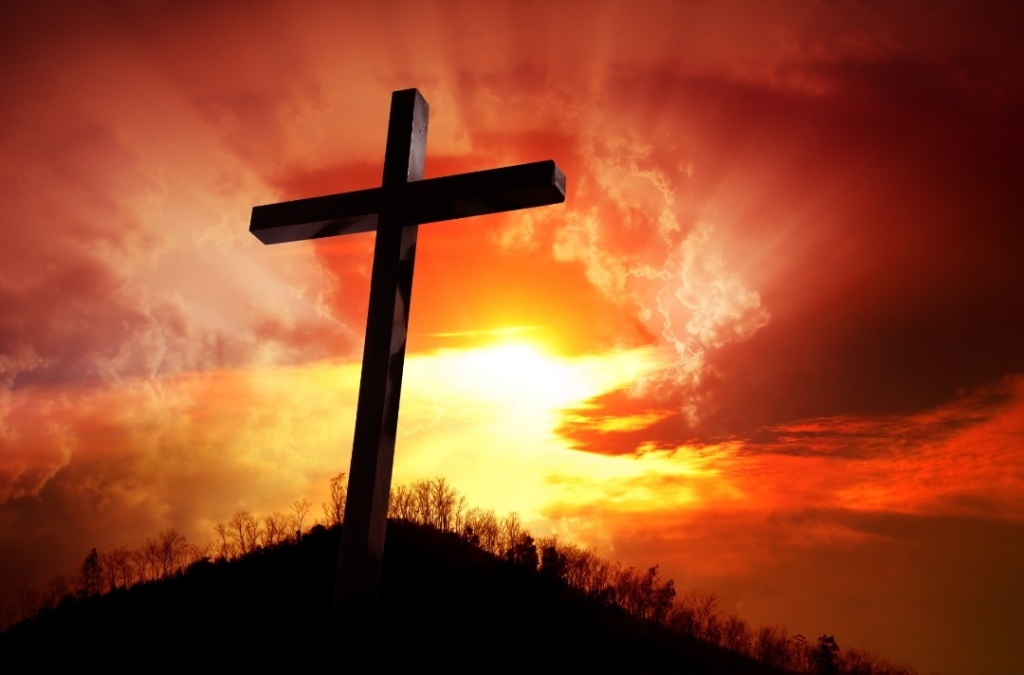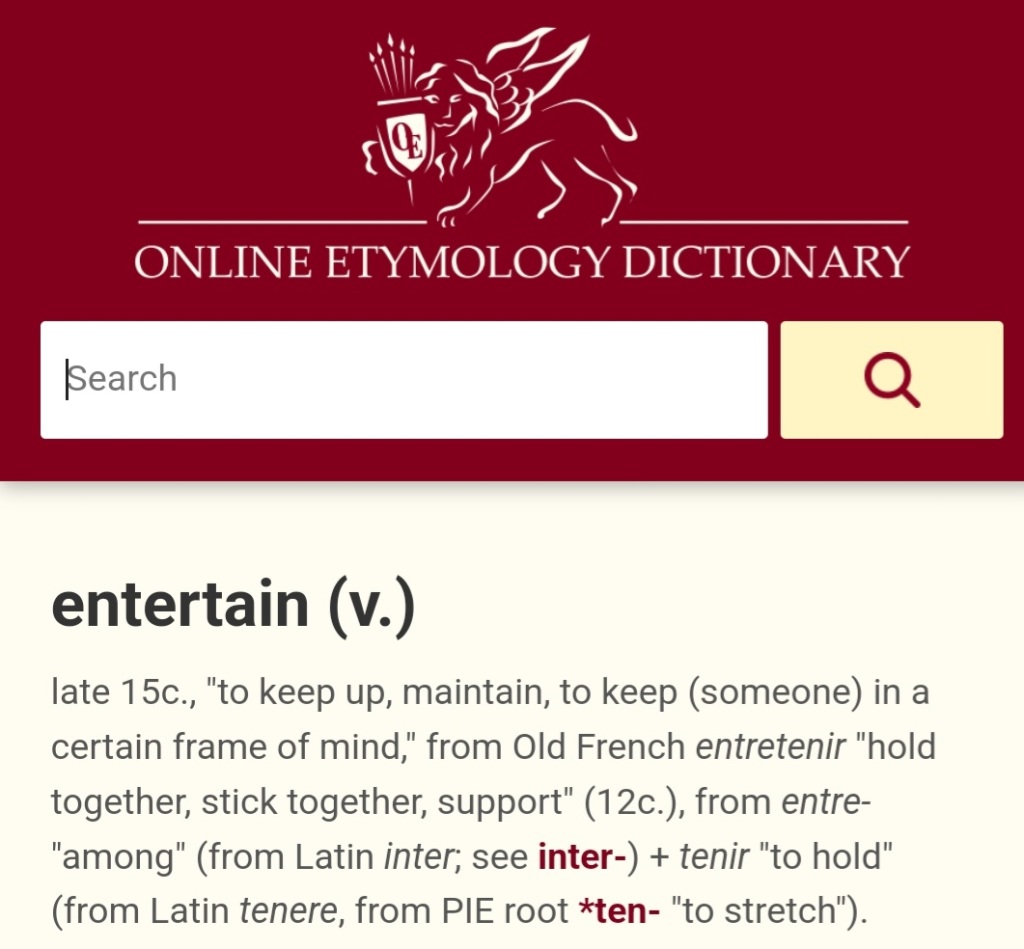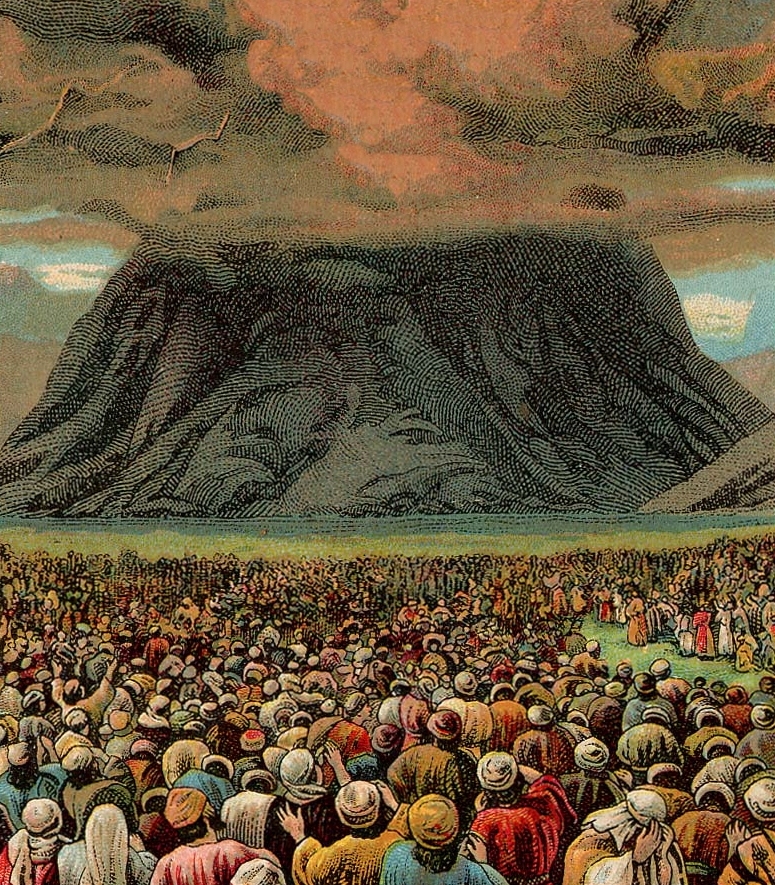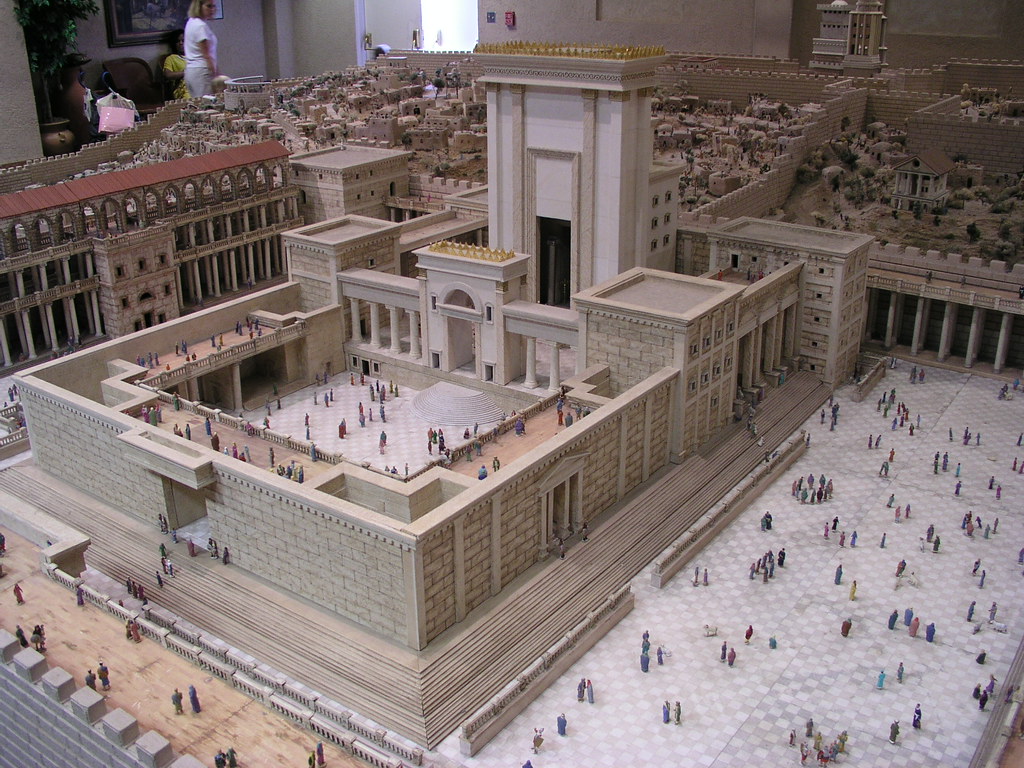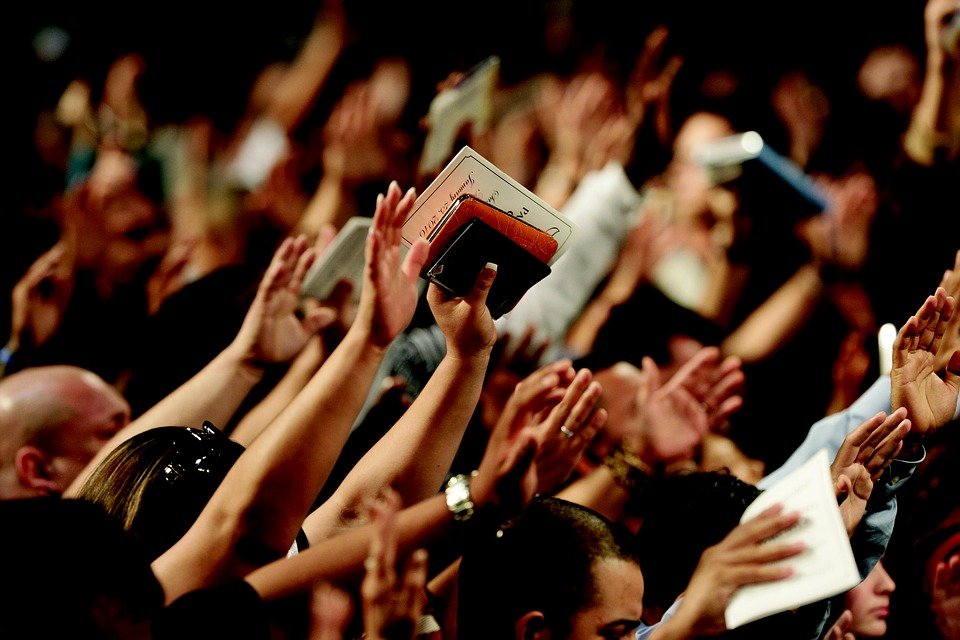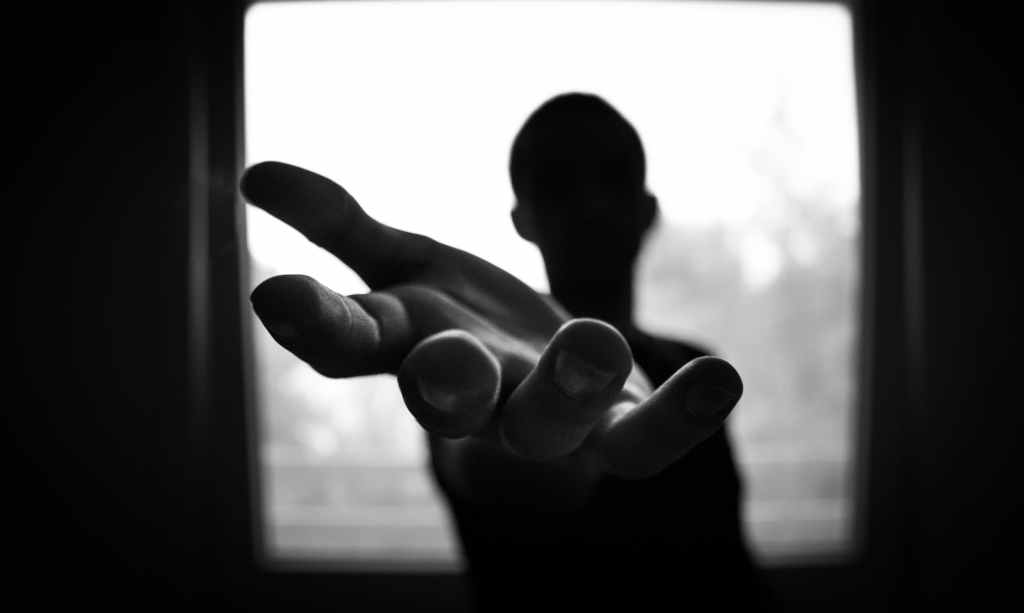
By the time Jesus was born into the physical world, the Jewish culture had become centered around scholarship. Status, wealth, and privilege were guaranteed to increase according to the detail of one’s familiarity with the Hebrew scriptures and the eloquent certainty with which one spoke of them. Their entire political system revolved around heated arguments between religious factions regarding what details they insisted on enforcing as immutable law. Being known as a teacher of teachers became the highest honor a man could aspire to receive, and the focus of manipulation and intrigue.
Most of these ambitious teachers carried great passion for scripture. They truly believed that their focus was righteous; jealous on God’s behalf and eager to defend a cause they saw as threatened (obedience to God), they frantically opposed any slight change they perceived as laxity and punished with impunity the smallest of perceived infractions. Because of this they were both respected and feared; they were the experts, how could they possibly be wrong?
Paul, called to be the voice of God throughout the Roman empire, wrote of these scholars and of those who revered them in his letter to the struggling church in Rome itself. He wrote of their drive and their passion, but he wrote with grief that in spite of all their scholarship they had no knowledge. When God appeared before them they couldn’t accept Him because in their focus on words and details they had lost sight of the original author. They became authors of a new righteousness that they could control, that merely used God’s name as cushioning for their own authority. They had replaced Him with themselves without even realizing what they were doing.
Paul grieved because through the drive and passion of the scholars they and their adherents were lost. They had put all their faith, and thus all their fear, into the success or failure of human knowledge and actions to reach perfection. The love and mercy inherent in Christ escaped them because they had scoured it out of themselves in terror. They sacrificed every hope God offered through misplaced ideals that could never be realized.
There is only one righteousness, and it has nothing to do with what we as humans can know or achieve. It can only come from God, and is only given to those who long with every fiber of their being for His presence in their lives. Humans cannot earn a badge of righteousness and we have no jurisdiction to pass judgment on any human’s spiritual state. We can only feed souls, water hearts, and reach for God. In that passion His righteousness is reflected, His mercy poured out, His children rescued.
Romans 9:30–33; 10:1-4 (CSB): What should we say then? Gentiles, who did not pursue righteousness, have obtained righteousness—namely the righteousness that comes from faith. But Israel, pursuing the law of righteousness, has not achieved the righteousness of the law., Why is that? Because they did not pursue it by faith, but as if it were by works. They stumbled over the stumbling stone. As it is written, Look, I am putting a stone in Zion to stumble over and a rock to trip over, and the one who believes on him will not be put to shame.Brothers and sisters, my heart’s desire and prayer to God concerning them is for their salvation. I can testify about them that they have zeal for God, but not according to knowledge. Since they are ignorant of the righteousness of God and attempted to establish their own righteousness, they have not submitted to God’s righteousness. For Christ is the end of the law for righteousness to everyone who believes,…












